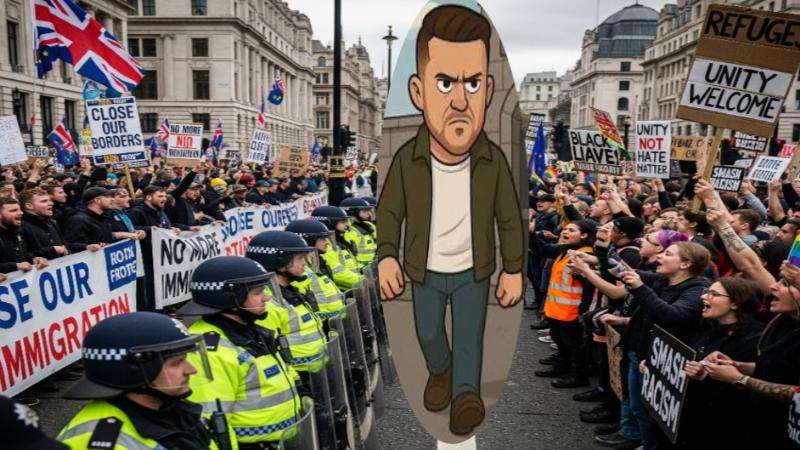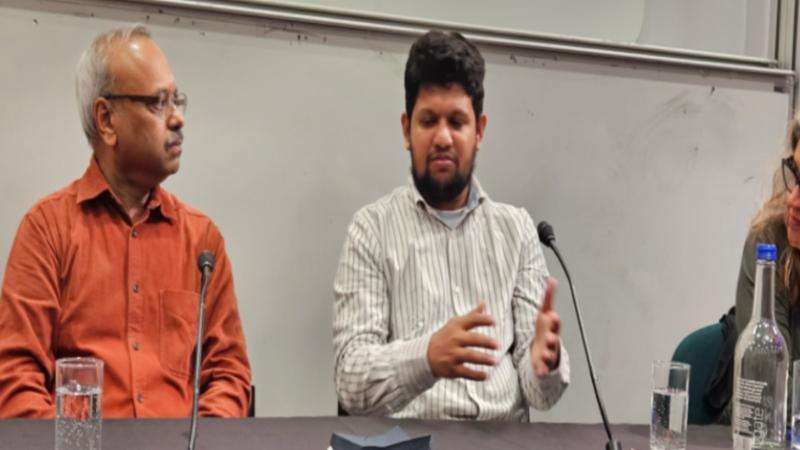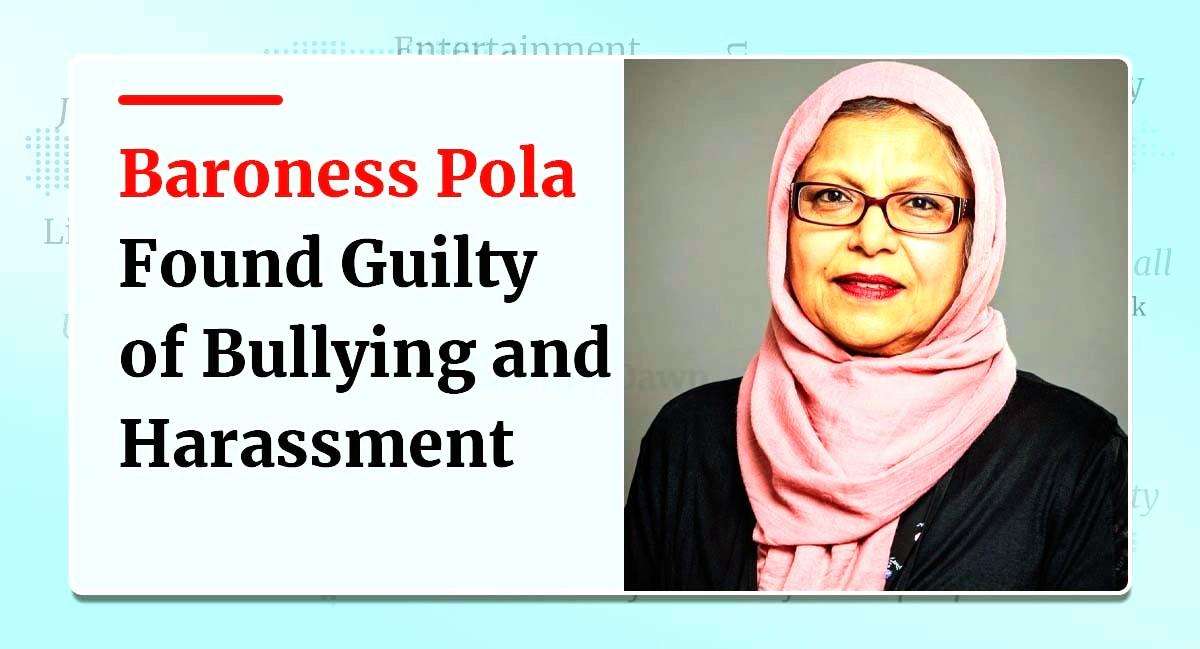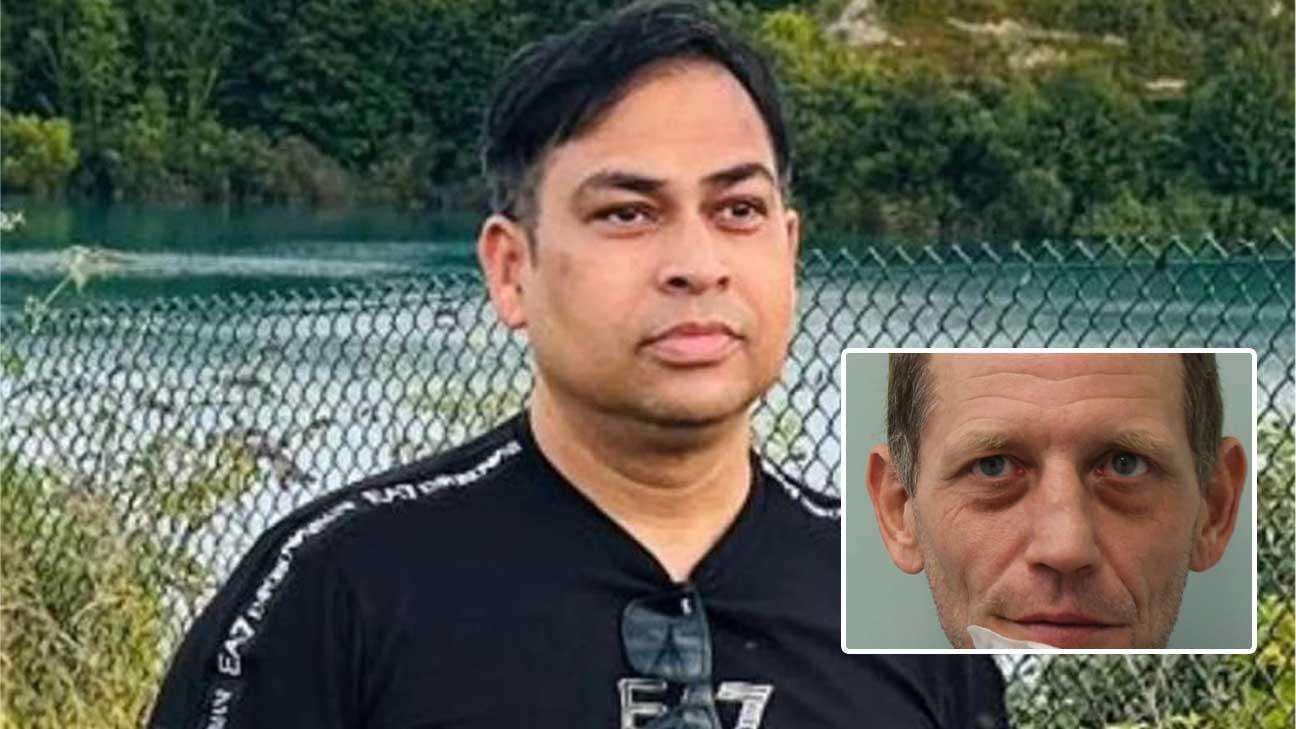In the terrifying, hushed darkness of a childhood bedroom, a three-year-old girl named Marcie Reid huddled with her siblings, their tiny bodies trembling. They listened to the rage echoing from downstairs, the shouts and crashes that were a familiar, horrifying soundtrack to their lives. Their father, a man described only by his fists, was fighting. But on this night, January 29, 1998, the battle would end with a silent, profound act of love—and a single kiss that would change everything.
The man fighting their father was their uncle, and when he finally came upstairs, he wasn't a hero in a cape. He was blood-soaked and broken, but his eyes held an unconditional love Marcie had rarely known. "You're safe now," he whispered, kissing each of them on the forehead before he left, surrendering himself to the police. "But I'm going away for a very long time."
That night, Marcie’s uncle killed her father, Graham Binks, a 17-stone bully whose brutality had defined her family's existence. Binks had a long history of violence, once breaking her mother's jaw, terrorizing his wife and children, and turning his fists on anyone who dared to stand in his way. To the outside world, he was a "great guy," a revered local darts player. But behind closed doors, he was a monster.
"My only memories of my father were of raised voices and being scared," Marcie, now 30, says, her voice steady but a quiet tremor of emotion beneath it. "We had to crawl under the TV. You couldn't walk in front of him. Little things like that."
The night of the murder began with Binks, belligerent after a night of drinking, biting his wife, Shirley, on the arm. She fled to her brother for help, sparking the final, deadly confrontation. Binks, armed with a screwdriver, attacked first. But her brother had a seven-inch carving knife hidden in his pocket. It was the last resort against a lifetime of fear.
In the aftermath, Marcie's world shattered again. Her mother, traumatized and broken, was hospitalized. The four young siblings were placed in care, shuffled from home to home. For Marcie and her sister, it was 13 moves in six years, a relentless carousel of instability and loss.
She became "Marcia Mouse," terrified of loud noises and men. "I would avoid men for many, many years—all throughout school," she recalls. "I was just petrified. Couldn't be near them. And it was all because of things that I'd witnessed."
Her mother, upon her recovery, handed her a stack of police reports and therapy notes. Within those pages, Marcie found the chilling validation of her childhood fears—notes of her six-year-old brother, Lieselle, trying to save their mother, begging their father to "stop it." She learned the terrifying lengths her father would go to, even using a child as a "hostage" to prevent her mother from leaving.
Years passed. Her uncle, released from prison after serving three years for manslaughter, was finally coming home. Her mother offered to meet him alone, but Marcie and her siblings insisted he come to the house. When he arrived, Marcie’s brother, by then a teenager, walked straight up to the man who had saved them all. He shook his hand. "Thank you," he said.
Marcie’s own healing journey began in her twenties. Battling depression, she was encouraged by her boyfriend to try a beauty pageant. She entered on a whim, in a £40 dress, and something shifted. It was an act of defiance against the girl who was scared of everything. It was a step toward reclaiming her voice.
Today, Marcie Reid is a finalist for Miss Great Britain. She is the first care-leaver to ever make it this far in the competition, and her mission is clear: to be a voice for the forgotten. She wants to show the world that a traumatic childhood does not have to be a life sentence.
"Over 50% of care-leavers will experience homelessness," she says, her voice filled with conviction. "So that leaves you less than a 25% chance to actually just survive."
Marcie Reid is not just surviving. She is thriving. She is a living testament to the truth that a story of fear and abuse can be rewritten into a story of resilience and hope. Her journey from the little girl hiding in bed to the woman confidently walking the stage is a powerful message to anyone who has ever been told their past defines them.
She no longer needs a hero. She is her own.
_2.jpg)
_3.jpg)


_3.jpg)


_3.jpg)
.svg)


